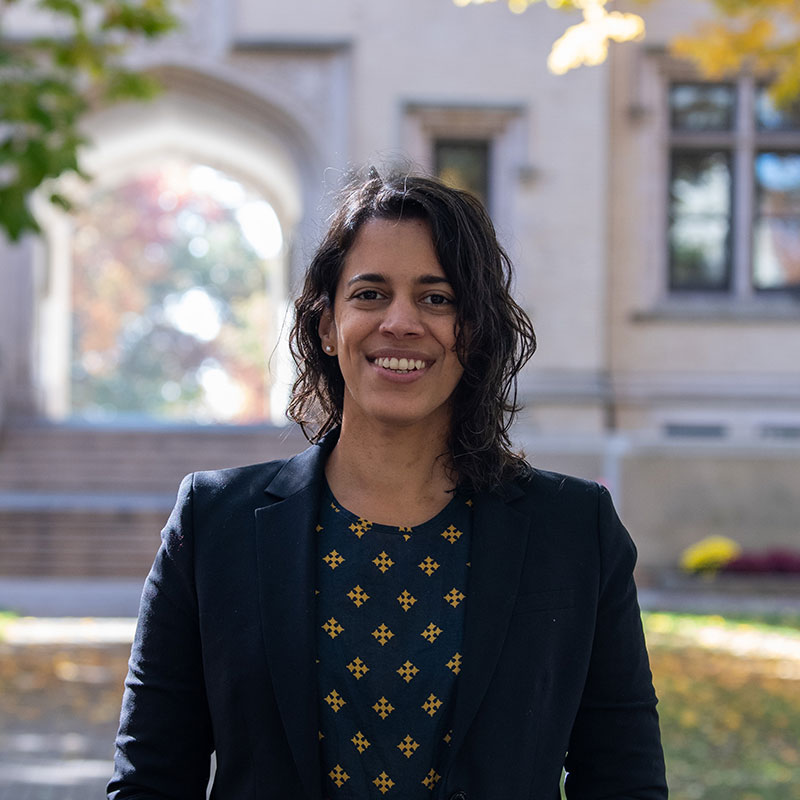
Erum Haider’s expertise on climate change in Karachi cited in New York Times article

As climate change wreaks havoc across the globe, a July 6 article in The New York Times about the devastating heat crisis in Karachi, Pakistan, highlighted the expertise of Erum Haider, assistant professor of political science, environmental studies, and South Asian studies at The College of Wooster. The article describes an insufferable stretch of heat exceeding 100 degrees Fahrenheit–attributed to climate change–that has filled Karachi hospitals beyond capacity from patients experiencing heat-related illnesses and flooded morgues with bodies.
“This is a humanitarian crisis, but many heat wave-related deaths won’t be officially recorded as heat deaths,” Haider said in the article. Instead of attributing the deaths to the extreme heat, the cause of deaths will be recorded as fever, heart attack, or infant mortality, “which obscures the true impact.” Additionally, she explained that the power outages in the slums, which cut off the power and the use of fans for six to 16 hours a day, are “catastrophic for everyone” especially infants, the elderly, and pregnant women.
Haider, who joined the Wooster faculty in 2020, has worked on energy and public goods provision in Karachi since 2017 and expanded her research to include climate change’s impact on South Asian cities, especially the impoverished populations. The recipient of more than $80,000 in grants and Wooster’s 2024 Henry Luce II Fund for Distinguished Scholarship, Haider incorporates her research into the four courses she teaches each year at Wooster that focus on South Asian politics, urban politics, and environmental studies. Several Wooster students have worked as Haider’s summer research assistants and included her research data as part of their Independent Study projects.
Posted in Faculty, Homepage Featured, News on July 10, 2024.
Related Posts
Related Areas of Study
South Asian Studies
One of the few programs in the country dedicated to the history and culture of South Asia
MinorPolitical Science
The study of power, with concentrations in U.S. politics, international relations, political theory and comparative politics.
Major MinorEnvironmental Studies
Natural sciences, social sciences, and humanities courses combine for those who want to be part of environmental solutions
Major Minor

